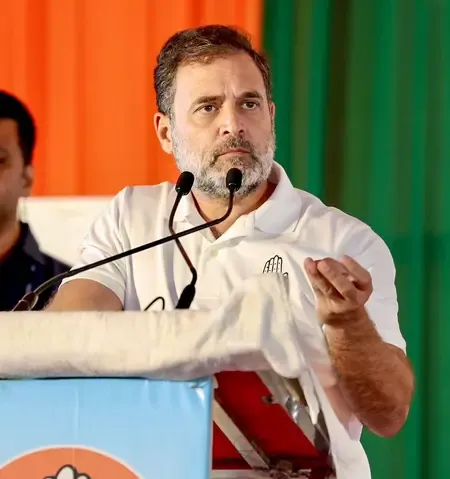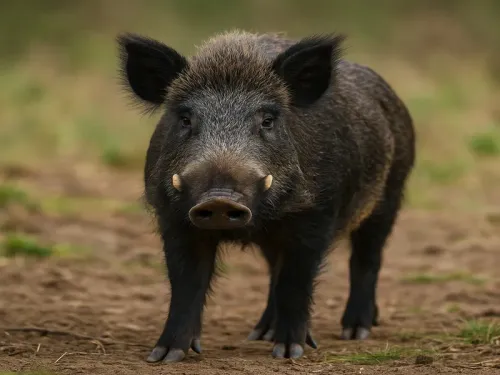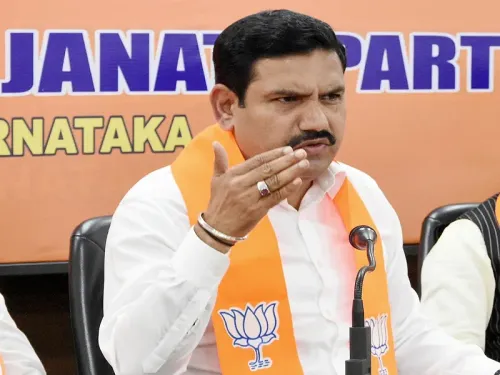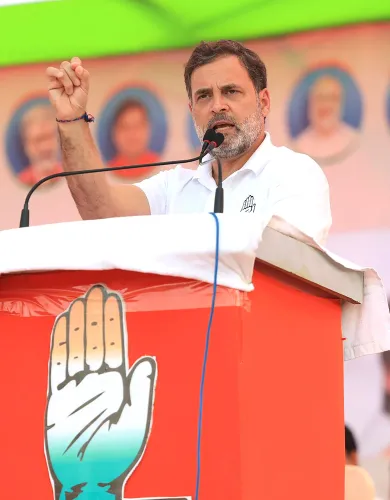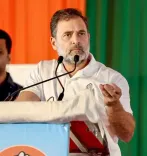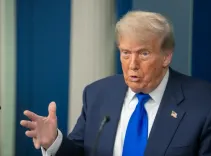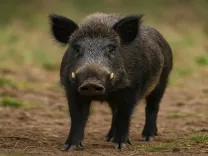Have India and Canada Agreed to Restore Bilateral Dialogue?
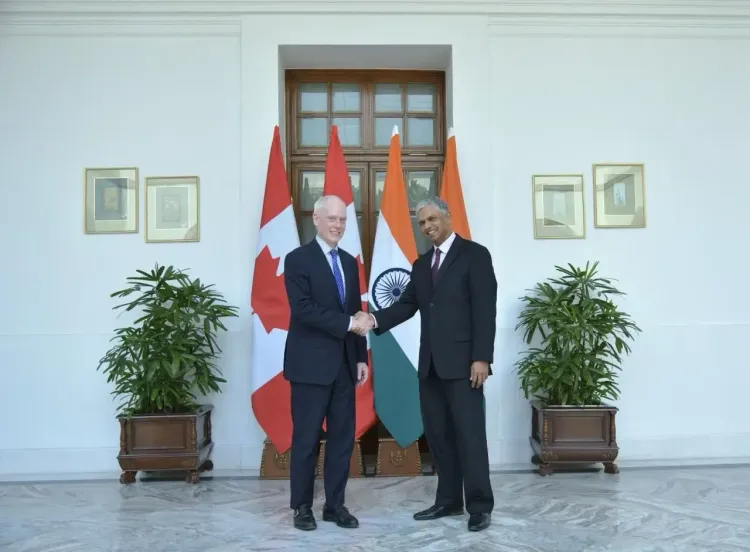
Synopsis
Key Takeaways
- India and Canada are reactivating bilateral dialogue mechanisms.
- Focus areas include trade, defence, and energy.
- High Commissioners are being restored in each other's capitals.
- Commitment to mutual respect and cooperation is emphasized.
- Meetings aim to strengthen ties and enhance economic opportunities.
New Delhi, Sep 19 (NationPress) India and Canada convened pre-Foreign Office Consultations (FOC) in New Delhi on Friday, reaching a consensus to take essential actions to restore bilateral dialogue mechanisms across various sectors, such as trade, defence, energy, civil nuclear, security and law enforcement, critical minerals, space, science and technology, and agriculture.
During the discussions, officials from both nations reiterated the significance of India–Canada relations, which are built on shared democratic values, adherence to the rule of law, and a commitment to the principles of sovereignty and territorial integrity.
According to a statement from the Ministry of External Affairs (MEA), “The talks offered a platform to evaluate the state of India–Canada bilateral relations and discuss additional international and regional matters.”
Both sides acknowledged the advancements made since June 2025, including the return of High Commissioners to each other's capitals. The Indian delegation was led by MEA Secretary (East) P Kumaran, while the Canadian side was represented by Deputy Foreign Minister David Morrison.
The MEA also noted: “In accordance with the understanding between the two Prime Ministers to stabilize the relationship and foster a positive and balanced partnership, both parties agreed to initiate necessary steps to reactivate bilateral dialogue mechanisms across various sectors, including trade, defence, energy, civil nuclear, security and law enforcement, critical minerals, space, science and technology, and agriculture. To bolster the strong people-to-people connections and expand economic opportunities between India and Canada, both sides also committed to constructively addressing capacity-related issues at their respective missions and consulates.”
Canada's Deputy Foreign Minister David Morrison also engaged in discussions with Foreign Secretary Vikram Misri.
On the previous day, the National Security Advisors from both nations held conversations as part of the routine bilateral security consultations between Ottawa and New Delhi.
During a weekly media briefing on Friday, MEA spokesperson Randhir Jaiswal stated, “The NSA of Canada met with our National Security Advisor; this occurred yesterday, the 18th, as part of the regular bilateral security consultations that take place between the two nations. It was also an opportunity to follow up on discussions that transpired between Prime Minister Modi and Prime Minister Carney in Kananaskis on the sidelines of the G7 in Alberta, Canada.
It was during the G7 Summit that PM Modi and Carney convened to address the strained relations between both countries. The discussions on June 18 were described as “very positive and constructive” by Foreign Secretary Vikram Misri. As a preliminary step, both leaders agreed to re-establish High Commissioners in each other's capitals as soon as possible.
Moreover, the two nations committed to revitalizing senior and working-level mechanisms across multiple areas. They also agreed to resume senior and working-level discussions in a variety of domains related to trade, people-to-people contact, and connectivity, all aimed at fostering greater momentum in the relationship.
Last month, India announced that Dinesh K Patnaik, formerly India's Ambassador to Spain, has been designated as the next High Commissioner to Canada.
This appointment came over 10 months after New Delhi withdrew its previous High Commissioner to Ottawa due to the then Canadian Prime Minister Justin Trudeau's ongoing “hostility” toward India.
India had previously recalled High Commissioner Sanjay Kumar Verma, one of its senior diplomats, in October 2014, citing the atmosphere of extremism and violence that characterized Trudeau's administration.
The relationship between India and Canada deteriorated after Trudeau alleged in the Canadian Parliament that he had “credible allegations” of India's involvement in the assassination of Khalistani terrorist Hardeep Singh Nijjar.

